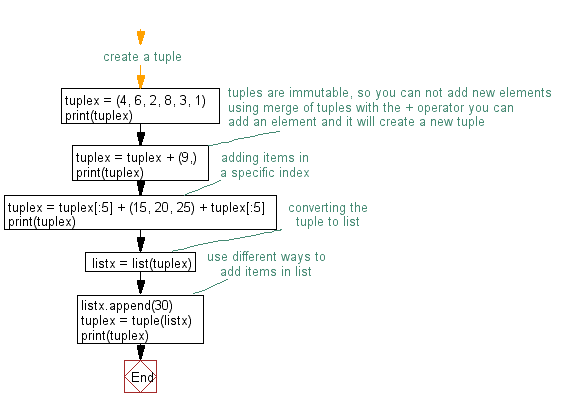

I liked Liors idea that unpacking the list and tuple contains an assert. I guess it depends on which is easier to read and what you want to look less ugly, val or t. val t 0 0 is my initial choice, but it looks kind of ugly.

Remove_baseline=True, dview=None, robust_std=False, Athresh=0.1, thresh_C=0.3, num_traces_per_group=20) -> Union, Tuple]: I dont think there is a clean way to go about it. The result variable is returned from a sqlite3 query that returns only one value. Remove_baseline=True, dview=None, robust_std=False, Athresh=0.1, thresh_C=0.3, num_traces_per_group=20) -> Union, Tuple]. Python Unpack a tuple with a single element or return None if tuple is None. Python allows us to assign tuples of the variable on the left side of the assignment operator and tuple values on the right side. # and if it's a literal False, it returns estimate_components_quality(traces, Y, A, C, b, f, final_frate=30, Npeaks=10, r_values_min=.95,įitness_min=-100, fitness_delta_min=-100, return_all:Literal=False, N=5,ĭef estimate_components_quality(traces, Y, A, C, b, f, final_frate=30, Npeaks=10, r_values_min=.95,įitness_min=-100, fitness_delta_min=-100, return_all:bool=False, N=5, Remove_baseline=True, dview=None, robust_std=False, Athresh=0.1, thresh_C=0.3, num_traces_per_group=20) -> Tuple.
#PYTHON UNPACK TUPLE GENERATOR#
Convert the generator expression to a list. Let us discuss both ways for tuple unpacking in Python. In another way, it is called unpacking of a tuple of values into a variable. We use the Python unpacking operator and parallel assignment to unpack collection objects. Packing and Unpacking a Tuple: In Python, there is a very powerful tuple assignment feature that assigns the right-hand side of values into the left-hand side. It then yields a new tuple with three elements (x, y, z). In Python, the unpacking operation is used to assign elements of a collection object like a list, tuple, dictionary, etc directly to different variables.

The generator expression ( x, y, z) for x, (y, z) in testlist iterates over each tuple in testlist, and unpacks the second element of the tuple using (y, z). Tuple Assignment, Packing, and Unpacking. # The below tells the type-checker that if return_all is a literal True, it returns 5 estimate_components_quality(traces, Y, A, C, b, f, final_frate=30, Npeaks=10, r_values_min=.95,įitness_min=-100, fitness_delta_min=-100, return_all:Literal=True, N=5, Use a generator expression to unpack the nested tuples. Python provides another type that is an ordered collection of objects, called a tuple.


 0 kommentar(er)
0 kommentar(er)
